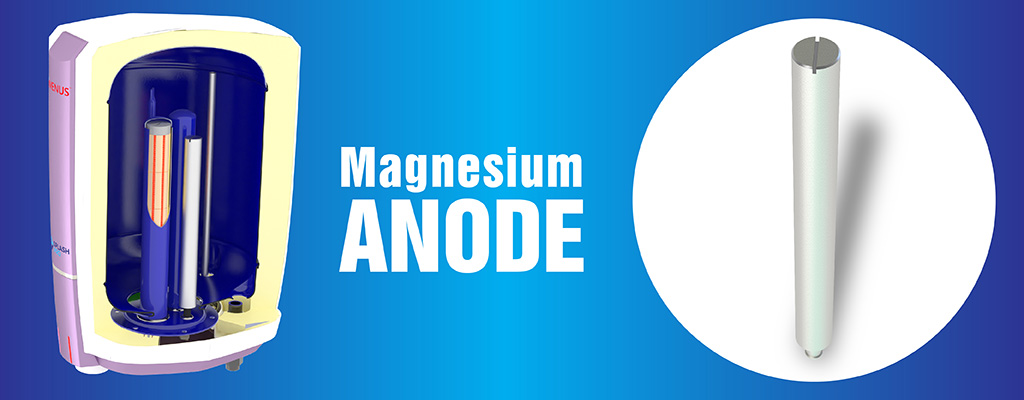
Water Heater | November 22 2023
Get your Anode checked today
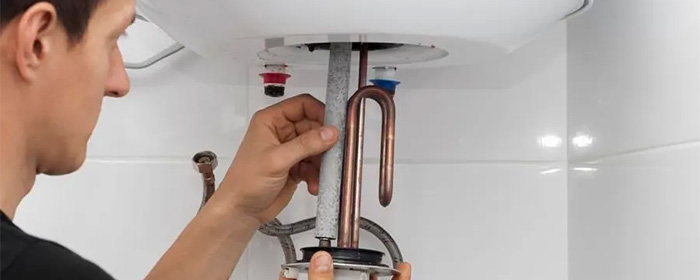
What is an Anode and how does it work?
Steel is a very useful material. But any material, no matter how sturdy, is eventually going to rust when it's combined with water over a long period of time. We understand this, so we have created lines of defense to help your water heater last longer.
Inside your tank, there is a glass coating this lining prevents water from even coming into contact with the steel of the tank. But even this glass coating may have pores or imperfections that may expose the steel to water.When this occurs, the water within the tank then moves on to the steel that the water heater is composed of. This is when the second line of defense comes in - The Anode.
An anode rod (sometimes called a sacrificial anode) is typically made of Aluminium, magnesium or Zinc and is a crucial component that serves a specific purpose: to protect the metal tank from corrosion. Here's how it works:

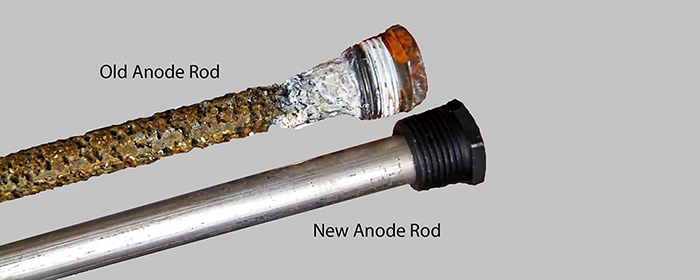
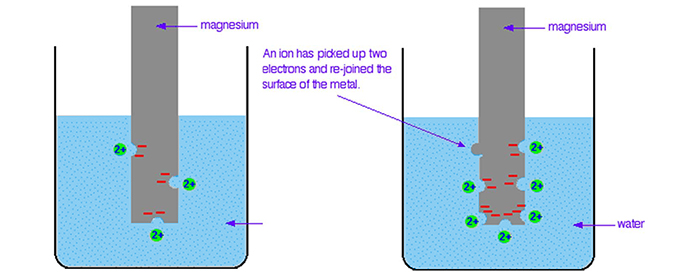
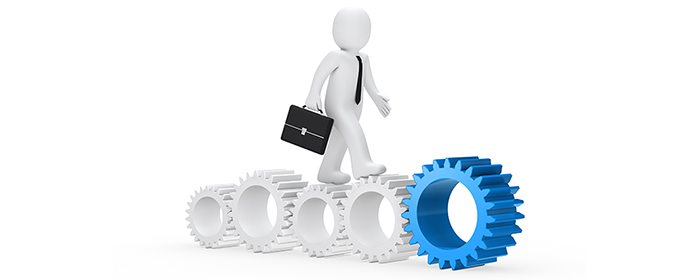
The anode is more reactive to corrosive elements in the water than the tank itself is, so the water will essentially eat away at the rod before moving on to its main course: the tank. When you are diligent in replacing your anode as needed–typically every few years, you may be able to double the lifespan of your tank. Many factors, such as the water quality in your area will influence the lifespan of an anode, so it should be inspected regularly.
Regular water heater maintenance is a worthwhile investment. We at Venus,strongly recommend that you should at least have your anode checked every few years after your Product Guarantee period of 2 years. If your anode is past a certain point of degradation, then our service technicians can replace it so that your water heater stays in good operational shape.
It is strongly recommended to go through the User manual of your Venus water heater to understand the Terms and Conditions of service. The User Manual clearly states,
Anode’s protection is important to ensure tank’s life.
Anode maintenance is needed to ensure product guarantee.
If you don’t invest in service for your water heater on a routine basis,
The Company's liability under the guarantee will be limited only to defects which occur under conditions of proper installation, normal operation, and under proper use. It excludes defects occurring because of lack of anode maintenance,
GET YOUR ANODE CHECKED TODAY!

